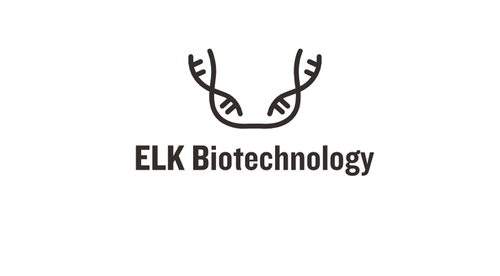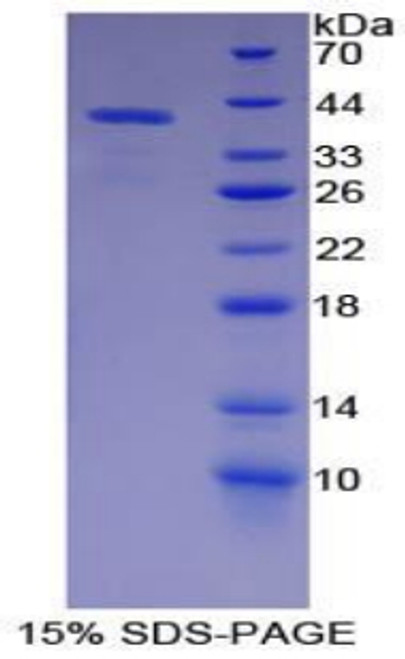Product Description
Pig Parathyroid hormone (PTH) ELISA Kit | AE25198PI | Abebio
Species Reactivity: Pig (Sus scrofa; Porcine)
Abbreviation: PTH
Alternative Name: PTH1; parathormone|parathyrin|parathyroid hormone 1
Application: ELISA
Range: 12.35-1000 pg/mL
Sensitivity: 5.33 pg/mL
Intra-Assay: ≤6.4%
Inter-Assay: ≤8.7%
Recovery: 1, 05
Sample Type: Serum, Plasma, Other biological fluids
Detection Method: Sandwich
Analysis Method : Quantitive
Test Principale: This assay employs a two-site sandwich ELISA to quantitate PTH in samples. An antibody specific for PTH has been pre-coated onto a microplate. Standards and samples are pipetted into the wells and anyPTH present is bound by the immobilized antibody. After removing any unbound substances, a biotin-conjugated antibody specific for PTH is added to the wells. After washing, Streptavidin conjugated Horseradish Peroxidase (HRP) is added to the wells. Following a wash to remove any unbound avidin-enzyme reagent, a substrate solution is added to the wells and color develops in proportion to the amount of PTH bound in the initial step. The color development is stopped and the intensity of the color is measured.
Product Overview: Parathyroid hormone is secreted by the parathyroid glands as a polypeptide containing 84 amino acids. It acts to increase the concentration of calcium (Ca2+) in the blood, whereas calcitonin (a hormone produced by the parafollicular cells (C cells) of the thyroid gland) acts to decrease calcium concentration. PTH acts to increase the concentration of calcium in the blood by acting upon parathyroid hormone receptor in three parts of the body: PTH half-life is approximately 4 minutes. It has a molecular mass of 9.4 kDa. PTH was one of the first hormones to be shown to use the G-protein, adenylyl cyclase second messenger system.Normal total plasma calcium level ranges from 8.5 to 10.2 mg/dL (2.12 mmol/L to 2.55 mmol/L) .
Stability: The stability of ELISA kit is determined by the loss rate of activity. The loss rate of this kit is less than 5% within the expiration date under appropriate storage condition. The loss rate was determined by accelerated thermal degradation test. Keep the kit at 37°C for 4 and 7 days, and compare O.D.values of the kit kept at 37°C with that of at recommended temperature. (referring from China Biological Products Standard, which was calculated by the Arrhenius equation. For ELISA kit, 4 days storage at 37°C can be considered as 6 months at 2 - 8°C, which means 7 days at 37°C equaling 12 months at 2 - 8°C) .
 Euro
Euro
 USD
USD
 British Pound
British Pound
 NULL
NULL








